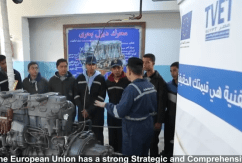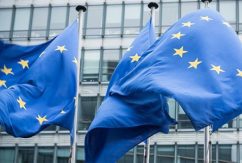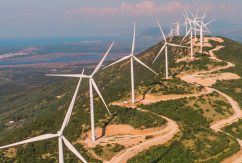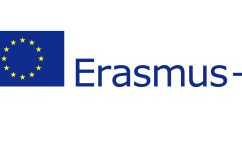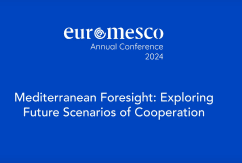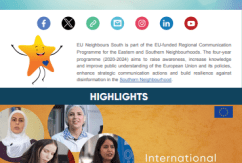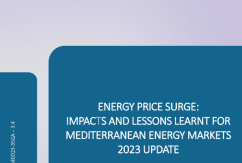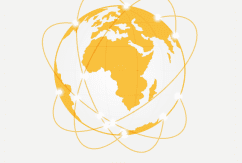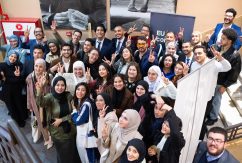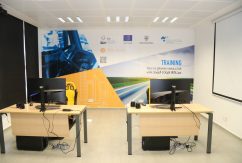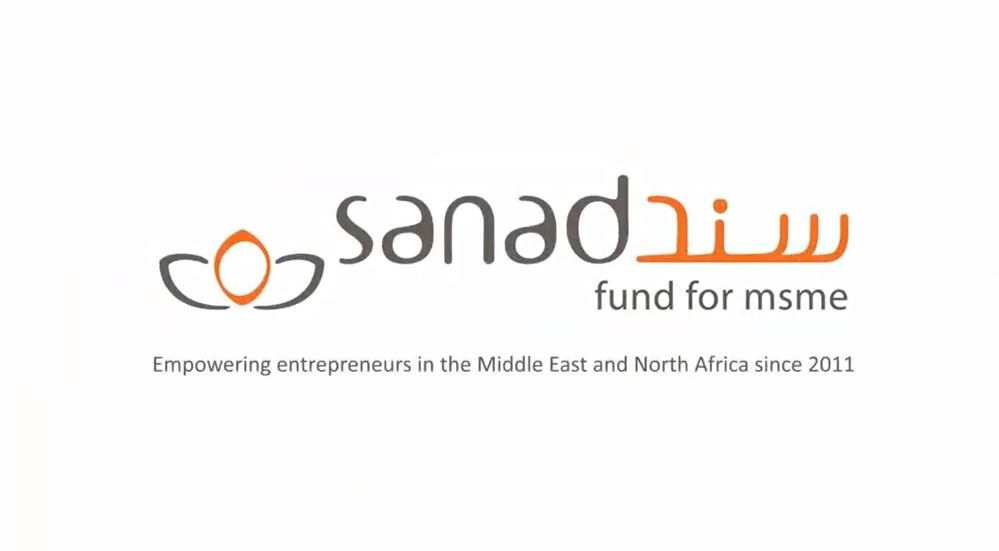EU and UN brings international partners together to agree on common ground
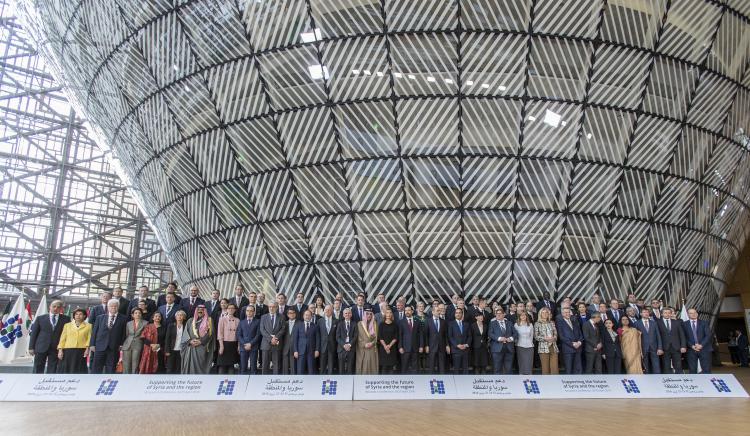

The EU and the UN brought the international community around a table in Brussels to discuss the future of Syria and the region. The delegations recommitted to relaunch the political process under UN auspices as the only solution to the conflict, to support Syrians both inside Syria and in the neighbouring countries, and the hosting communities.
“The Conference is bringing together Foreign Ministers of countries that normally do not spend much time together, like the Foreign Ministers of Iran, of Saudi Arabia, of Qatar – just to mention a few,” said on Wednesday the EU High Representative Federica Mogherini following a ministerial plenary session on the political aspects of the Second Brussels Conference on “Supporting the Future of Syria and the Region”. Mogherini highlighted how the EU and UN are natural partners that believe in multilateralism and how the EU has the convening power of bringing different actors to sit together, including representatives of the Syrian civil society.
“This is the first result of today – having this diversity around the table, respect – all delegations listening to each other – and trying to identify some common ground,” said Mogherini.
The high level of participation of ministers from the region showed an interest in trying to avoid that “Syria will become for a long time a black hoke that would affect the life of the entire region and Europe,” Mogherini said.
The more than 80 delegations present at the Conference agreed that there can be no military solution to the conflict, and there is a need to relaunch the political process, the only one that can lead to a lasting peace.
“What would be the face of Syria after a military victory? What would be the condition on the ground?” Mogherini asked.
“How do you rebuild the fabric of mutual trust among Syrians? This is a battle you don’t win militarily and there is no way anyone can win this battle militarily,” the High Representative said.
The High Representative, together with UN Special Envoy for Syria Staffan De Mistura, analysed how the so-called Astana process failed to guarantee both a de-escalation of military activities and the release of political prisoners, the objectives that the three guarantors of the Astana process – Iran, Turkey and Russia – gave themselves.
Read More
